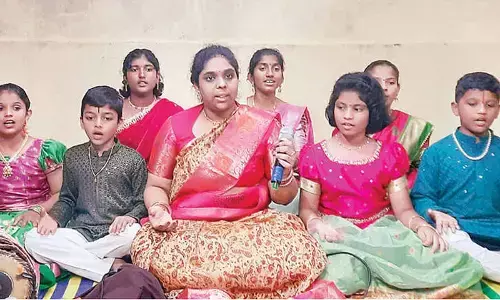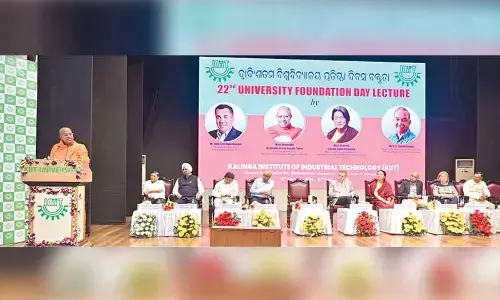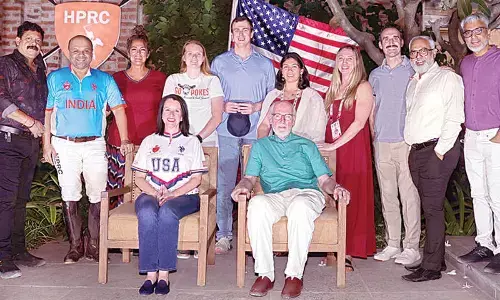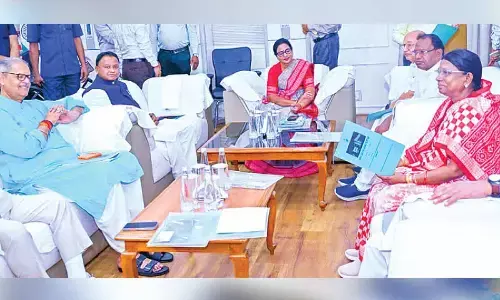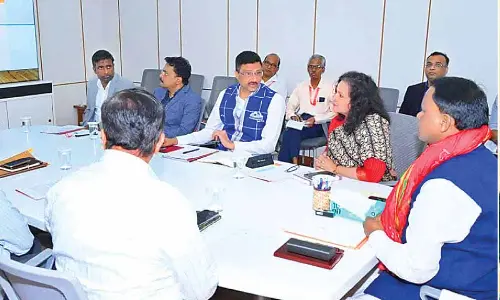A midnight's child's fears for India
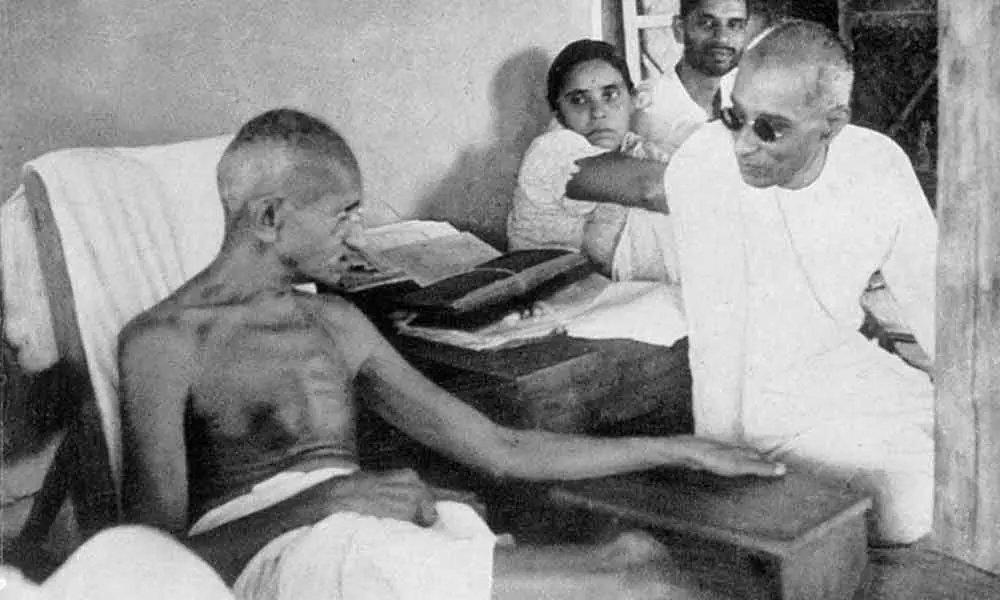
I am one of Midnight's Children born just a few months before India won her freedom.
I am one of Midnight's Children born just a few months before India won her freedom. I grew up in Nehru's India, he died the same day in May 1964 as when my SSC results, the equivalent of GCSE, were published.
Throughout that period we worried about India breaking up. Foreign writers came visiting and went back to write books saying India could not survive.
Even prominent Indians shared such views. In 1957 Rajagopalachari, a close confidant of Gandhi and the first Indian Governor-General of the country predicted that "the centrifugal forces will ultimately prevail" bringing anarchy or fascism.
Pakistan was then the country of the future. Funded by America, supported by Britain, its model of army-controlled dictatorship was seen as the virile Muslim answer to flabby, poor, India messing about with democracy.
How, wondered many, could you have a democracy in a country where the large majority of the population was illiterate? Even those with Indian connections like V S Naipaul, a Trinidadian of Indian descent, after a year in India, wrote a book called An Area of Darkness, whose title summed up his views of what he saw as a miserable country which could never be rescued from poverty.
Today we know how absurd such fears were. Yet as I write I am consumed by fears about a very fundamental change to India which could have far reaching effects. India's secularism, which for all the twists and turns of history, has survived and produced a country like no other, is now in grave danger.
What is more those who seek to protect it are being treated with the sort of brutality that the British colonial government used against Indians fighting for their freedom.
This is not the free India Tagore wanted his great country to awaken to, "where the mind is without fear and the head is held high".
However, the India that is emerging now under Narendra Modi's rule has taken a very different attitude to secularism. It is clear from the persecution of those who do not follow the edict of banning of the slaughter of cows.
It is demonstrated by the recent Bill which allows illegal migrants from Afghanistan, Pakistan and Bangladesh provided they are Hindus, Christians, Buddhists, Parsees, Jews and Jains citizenship but not to Muslims from those countries.
Modi's government is turning its back on the tolerant, secular, society India's founding fathers wanted.
The result is that in Mumbai, the city I grew up in, there is now a form of religious apartheid when it comes to housing.
Munir Visram, a lawyer, describes how a Muslim client of his wanted to buy a flat in a suburb of Mumbai but when he gave his name the broker said, "You are a Muslim. Sorry this building is not for Muslims.
Hindus only." Parts of India's commercial capital and its most vibrant city has become so segregated that, says Visram, "owners say this building is for vegetarians only, so there no Muslim, Christians, Jews, Paris or even meat-eating Hindus."
Munir, one of my oldest school friends, is himself an example of the secular India I knew. He is a Muslim, I was born a Hindu, we were both educated by Jesuits where we prayed to Jesus four times a day.
Our shared childhood memory is of the salad bowl of religion and culture that was the Mumbai of the 50s and 60s with Hindus, Muslim, Christians, Parsees and Jews living side by side. Munir is married to a Parsi and his daughters are married to Hindus.
Modi's followers will argue that they are correcting the militant secularism that Nehru preached. In the Nehruvian India of my youth religious discussion was considered taboo and would have been seen as a betrayal of Chacha Nehru.
He encouraged the idea that any talk of religion must mean the person talking was sectarian, or in that catch all Indian phrase, a communalist. In Nehru's India there could be no greater sin than to be branded a communalist. It is like being called a racist in the west nowadays.
In the UK we see ourselves as a secular country where despite having a State religion, the monarch is the head of the church and all major State functions are held in an Anglican church, all other religions can flourish.
There was never any chance that after 1947 in India Hinduism would be the national religion, but other religions could flourish. Nehru and the Congress leadership were absolutely right to reject any such idea.
However, Nehru went further than most Congress leaders in denying that religion should play any part in the country. This was vividly demonstrated when the question of rebuilding the Somnath Temple came up in 1951.
The temple had been destroyed by the Muslim raider Mahmud Ghazni, in one of his many raids on India between 1000 and 1028. For Hindus this was their equivalent of the destruction of the second temple of the Jews.
Nehru opposed the proposal to rebuild Somnath led by K M Munshi, then a member of Nehru's Cabinet and was most upset when India's first President Rajendra Prasad agreed to inaugurate the rebuilt temple.
As Nehru's official biographer S. Gopal put it, "Nehru regarded this as totally contrary to the concept of secularism and, while unwilling to veto Prasad's acceptance, sought to make it clear his government had no part in the decision."
For Gopal and other Nehru supporters, Prasad's association with it was evidence that India's first President "was still prominent in the ranks of medievalism."
And this is where Nehru played his secularism card so wrong. Even if we accept that Mahmud's destruction of the Somnath Temple was motivated by his lust for gold not the desire to kill infidel Hindus, the fact is Mahmud was a foreign invader who did untold damage to India and looted the country of enormous wealth.
Had Nehru played his cards well he could have made sure the reconstruction of the temple was seen as a restoration of Indian national pride not a symbol of Hindu revivalism.
But he did not and by giving the impression that anything to do with religion was sectarian, Nehru made many of those who cared for religion feel that they were by definition pariahs and communalists.
Nehru, while well intentioned, fashioned a secularism which has provided the Hindutva movement to claim that Hindus are in peril.
Ridiculous as this argument is, it has clearly persuaded many Hindus and the way Modi's government is driving this agenda means the India that is emerging is not the caring, tolerant society I and many of my midnight's generation grew up cherishing. I
no longer fear about India breaking up but the India that is emerging is not what our founding fathers would have wanted and for whose freedom so many Indians gave everything up including their lives.
(The writer is a London-based former sports editor of BBC and consulting editor of Asian Lite)


